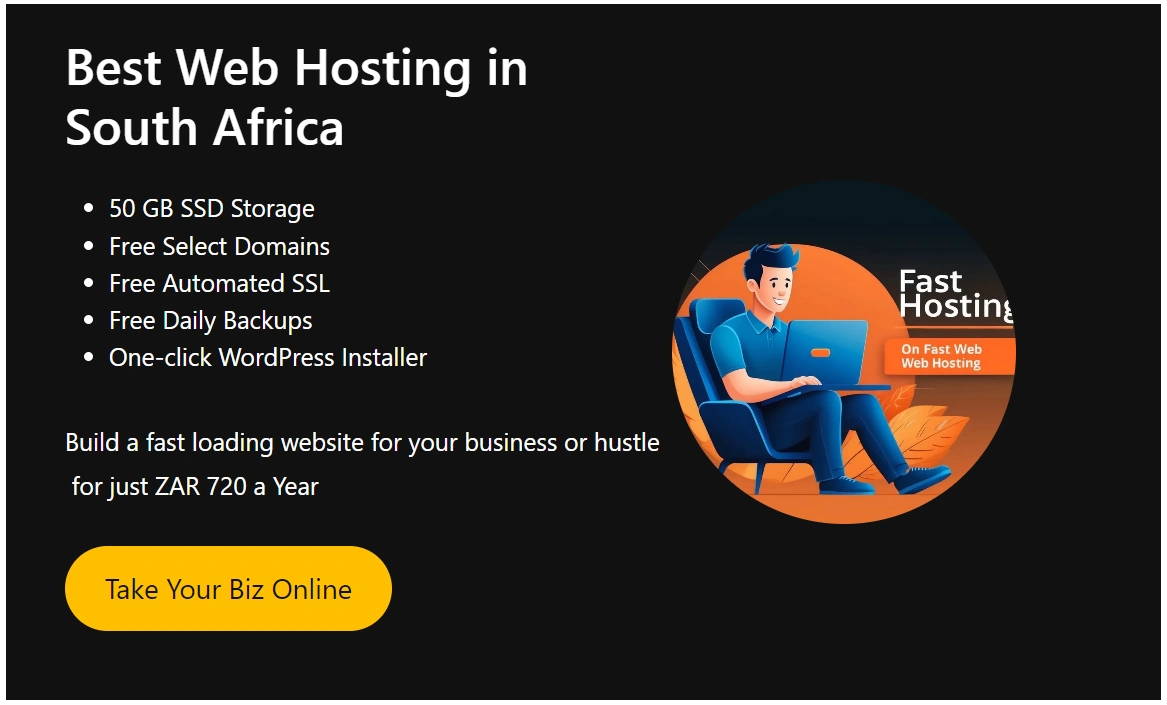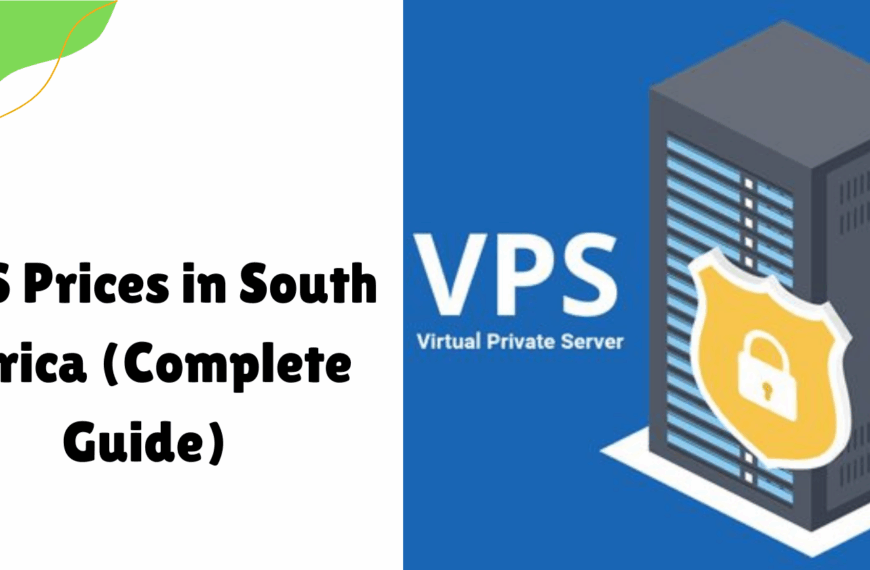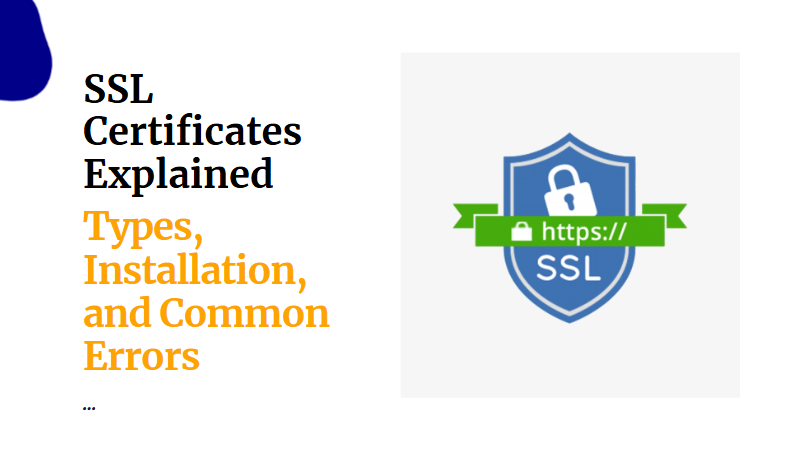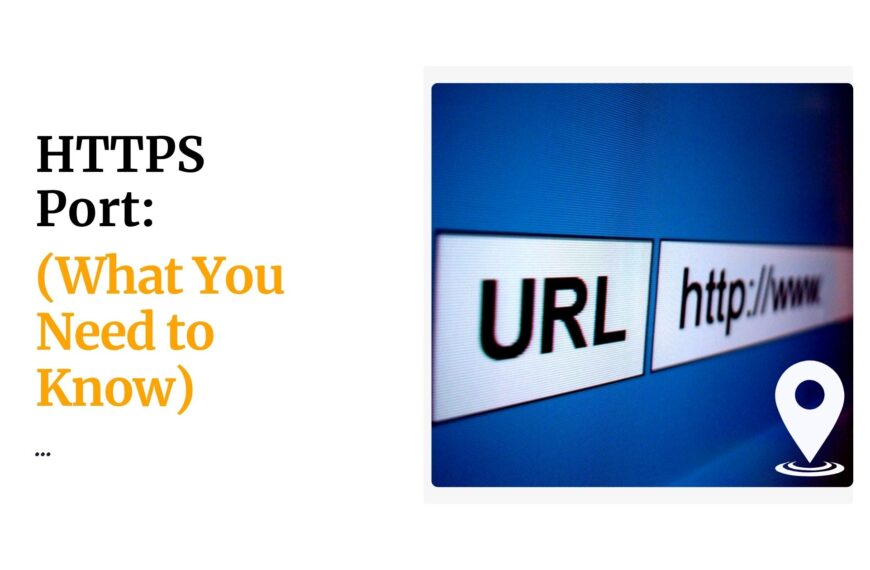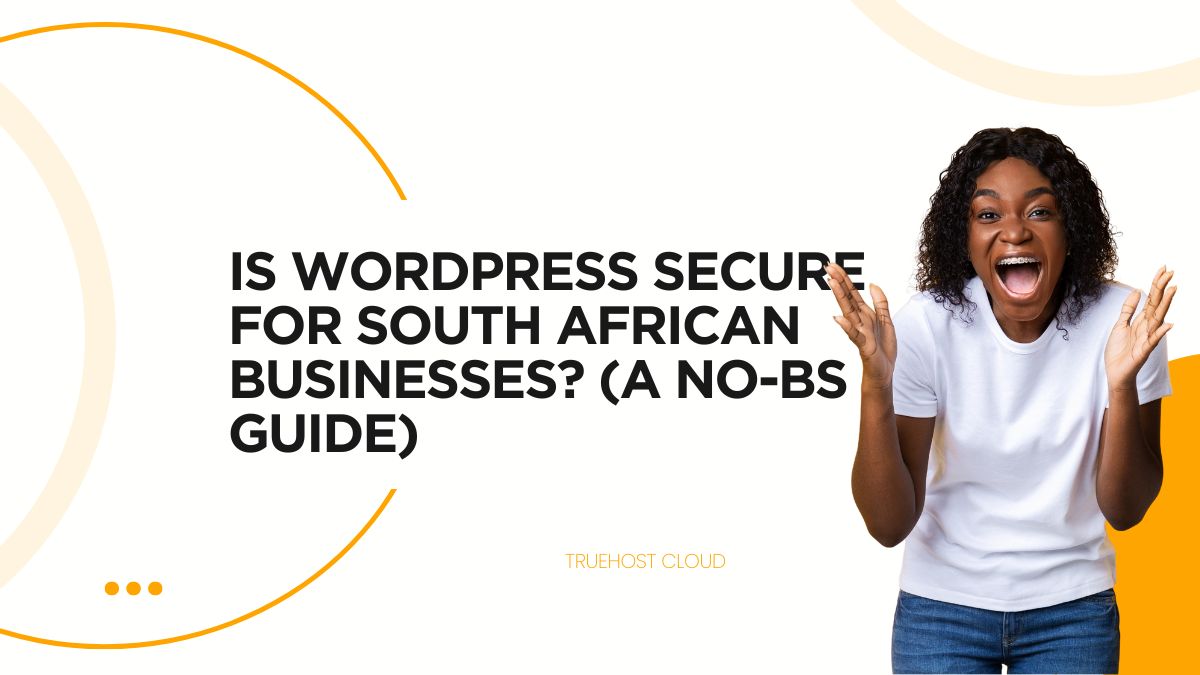Seeing a “This site is not secure” warning on your website can feel like a punch to the gut.
It scares visitors away, hurts your business’s trust, and can even tank your Google rankings.
If you’re a South African business owner, blogger, or e-commerce store manager, you want to fix this site is not secure fast to keep your customers safe and your site thriving.
This guide shows you how to fix this site is not secure in simple steps. We’ll break down why this warning happens, why SSL certificates are your best fix.
We will also share how Truehost’s affordable SSL certificates can help secure your site quickly. Let’s get started and make your website a safe space for your visitors!
Table of Contents
What Does the Warning Mean?
When you see “This site is not secure” on browsers like Chrome or Firefox, it means your website isn’t using HTTPS.
HTTPS is the secure version of HTTP, and it needs an SSL certificate to work.
Without it, your site is open to hackers, and browsers flag it as unsafe.
Why Does This Happen?
This warning pops up for a few reasons:
- No SSL certificate: Your site lacks the digital lock that keeps data safe.
- Expired certificate: Your SSL certificate is outdated and needs renewal.
- Wrong setup: The certificate isn’t installed correctly.
- Mixed content: Your site loads some elements (like images) over HTTP instead of HTTPS.
Why It’s a Big Deal
For South African businesses, this warning is a red flag. Customers won’t trust a site that looks risky.
E-commerce sales in South Africa are expected to soar by 2025, but cyber threats like phishing are also rising.
A secure site builds trust and keeps your visitors coming back.
Why SSL Certificates Are Your Solution
What Is an SSL Certificate?
An SSL certificate is like a digital ID card for your website. It encrypts data between your site and your visitors’ browsers, making it unreadable to hackers.
It also switches your site from HTTP to HTTPS, showing a padlock in the address bar.
Why You Need One
Here’s why SSL certificates are a must:
- Security: Protects sensitive info like credit card details or login credentials.
- Trust: Shows visitors your site is legit with a padlock or green bar.
- SEO Boost: Google ranks HTTPS sites higher, helping you get more traffic.
- Compliance: Meets South Africa’s POPIA (Protection of Personal Information Act) standards.
Truehost’s Role in South Africa
We at Truehost understand South Africa’s growing digital needs. Our SSL certificates are affordable, easy to set up, and perfect for businesses from Johannesburg to Durban.
Whether you run a blog or an e-commerce platform, we’ve got you covered.
Step-by-Step Guide to Fix “This Site Is Not Secure”
Ready to fix this site is not secure? Follow these simple steps to secure your website with Truehost’s SSL certificates. No tech skills needed!
1) Check What’s Wrong
First, figure out why the warning appears:
- Visit your site and look for the “Not Secure” label in the address bar.
- Check if your URL starts with HTTP instead of HTTPS.
- Use a free tool like SSL Labs to spot issues like expired certificates or misconfigurations.
2) Pick the Right SSL Certificate
Truehost offers different SSL certificates for South African businesses:
- Domain Validated (DV): Best for blogs or small sites. Quick to get, budget-friendly.
- Organization Validated (OV): Shows your business name, great for trust.
- Extended Validation (EV): Displays a green bar, perfect for e-commerce.
- Wildcard SSL: Covers your main domain and all subdomains, ideal for larger sites.
For a Pretoria-based retailer, a Wildcard SSL from Truehost secured their main site and regional subdomains in one go.
3) Buy an SSL Certificate from Truehost
Head to Truehost’s SSL certificates page to choose your plan. Prices start as low as R60.65 per year, with options like:
- Free DV SSL: Perfect for small blogs, included with Truehost hosting.
- Premium SSL: Comes with a $10,000 warranty and fast issuance.
During purchase, you’ll generate a Certificate Signing Request (CSR) through your hosting panel (like cPanel). Truehost’s team guides you every step of the way.
4) Install the SSL Certificate
Once you have your certificate, install it:
- Log into your hosting control panel (e.g., cPanel, available with Truehost’s web hosting).
- Upload the certificate files provided by Truehost.
- Follow the panel’s SSL/TLS section to activate it.
Our support team is available 24/7 to help South African clients with installation.
5) Switch to HTTPS
Make sure your site loads over HTTPS:
- Update your site settings (e.g., in WordPress, go to Settings > General and change the URL to HTTPS).
- Add a redirect from HTTP to HTTPS using a plugin or your .htaccess file.
- Check all links, images, and scripts to ensure they use HTTPS.
6) Test Your Site
After installation, verify everything works:
- Visit your site to confirm the padlock appears.
- Run another check with SSL Labs to ensure no errors.
- Test on different browsers (Chrome, Firefox, Safari) to confirm compatibility.
7) Keep Your Certificate Updated
SSL certificates expire (usually every 1–2 years). Truehost sends renewal reminders, so you’ll never miss an update.
For Let’s Encrypt certificates, renewals are automatic with Truehost hosting.
Common Challenges and Quick Fixes
Even after installing an SSL certificate, you might face issues. Here’s how to tackle them:
Mixed Content Errors
Your site might still show “Not Secure” if some elements (like images or scripts) load over HTTP.
- Fix: Use tools like WhyNoPadlock to find insecure links. Update them to HTTPS in your site’s code or use a WordPress plugin like Really Simple SSL.
Expired Certificates
An expired certificate triggers the warning.
- Fix: Check your certificate’s expiry date in your hosting panel. Renew it through Truehost’s SSL certificates page before it lapses.
Wrong Certificate Setup
If the certificate doesn’t match your domain, browsers won’t trust it.
- Fix: Ensure the Common Name (CN) in the certificate matches your domain (e.g., www.yourdomain.co.za). Contact Truehost support for help.
Browser or Device Issues
Sometimes, the user’s browser or device settings cause the warning.
- Fix: Advise visitors to update their browsers or check their device’s date and time settings.
Our team at Truehost offers 24/7 support to resolve these issues quickly for South African customers.
| Issue | Cause | Fix |
| Mixed Content | HTTP elements on an HTTPS site | Update links to HTTPS using tools or plugins |
| Expired Certificate | Certificate past its validity period | Renew via Truehost’s SSL page |
| Wrong Setup | Certificate-domain mismatch | Verify CN matches domain; contact Truehost support |
| Browser/Device Issues | Outdated browser or wrong device time | Update browser or correct device settings |
Why Choose Truehost for SSL Certificates in South Africa
We at Truehost know how important website security is for South African businesses. Here’s why our SSL certificates stand out:
- Affordable Pricing: Starting at R60.65/year, with free DV SSL for hosting customers.
- Variety of Options: From DV for blogs to EV for e-commerce and Wildcard for multiple subdomains.
- Fast Issuance: Get your certificate in minutes for DV or a few days for EV.
- Local Support: Our South African team is available 24/7 via live chat or email.
- Easy Integration: Works seamlessly with Truehost’s web hosting and domain services.
For example, a Durban-based blogger switched to Truehost’s EV SSL. Her audience noticed the green bar, trusted her shopping links, and her traffic grew by 15%. Secure your site with Truehost, and watch your business grow!
The Bigger Benefits of a Secure Website
Fixing the “This site is not secure” warning does more than just remove an annoying message. It transforms your business:
- Better Google Rankings: HTTPS sites rank higher, driving more traffic to your South African business.
- More Sales: Customers trust secure sites, boosting conversions for e-commerce stores.
- POPIA Compliance: Protects customer data, aligning with South Africa’s data laws.
- Fewer Cyber Threats: Encryption stops hackers, keeping your site safe.
A secure site is a win for you and your customers. Don’t let a warning hold you back!
Conclusion
The “This site is not secure” warning is a problem you can’t ignore. It scares customers, hurts your rankings, and puts your data at risk.
But you can fix this site is not secure with a few simple steps and Truehost’s affordable SSL certificates.
From choosing the right certificate to installing it and keeping it updated, Truehost makes it easy for South African businesses to stay secure.
Don’t wait—secure your site today and build trust with your visitors!
Call to Action
Ready to fix this site is not secure and make your website a safe haven? Visit Truehost’s SSL certificates page to pick the perfect plan for your South African business. Our team is here 24/7 to help you get started. Secure your site now and watch your trust and traffic soar!
 Web Hosting
Web Hosting Windows HostingBuilt for Windows apps and websites – stability, speed and flexibility
Windows HostingBuilt for Windows apps and websites – stability, speed and flexibility Reseller HostingLaunch a hosting business without technical skills or expensive infrastructure
Reseller HostingLaunch a hosting business without technical skills or expensive infrastructure Affiliate ProgramRefer customers and earn commissions from sales across our platform
Affiliate ProgramRefer customers and earn commissions from sales across our platform Domain SearchFind and secure a domain name in seconds with our quick lookup tool
Domain SearchFind and secure a domain name in seconds with our quick lookup tool CO ZA Domains
CO ZA Domains All DomainsExplore domain names from over 324 TLDs globally – all in one place
All DomainsExplore domain names from over 324 TLDs globally – all in one place Free Whois Lookup Tool South Africa
Free Whois Lookup Tool South Africa VPS
VPS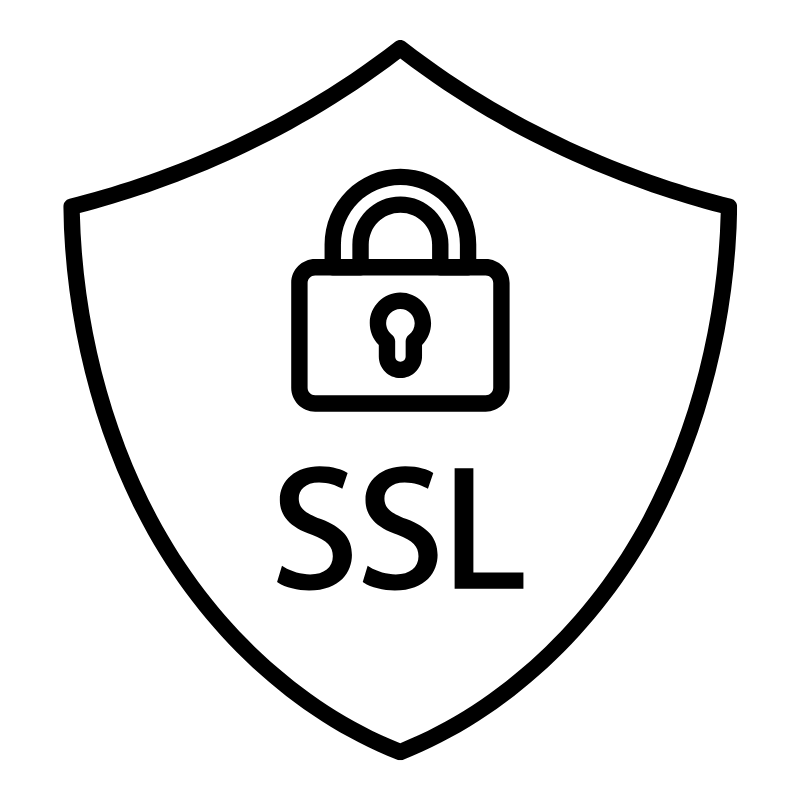 SSLs
SSLs
